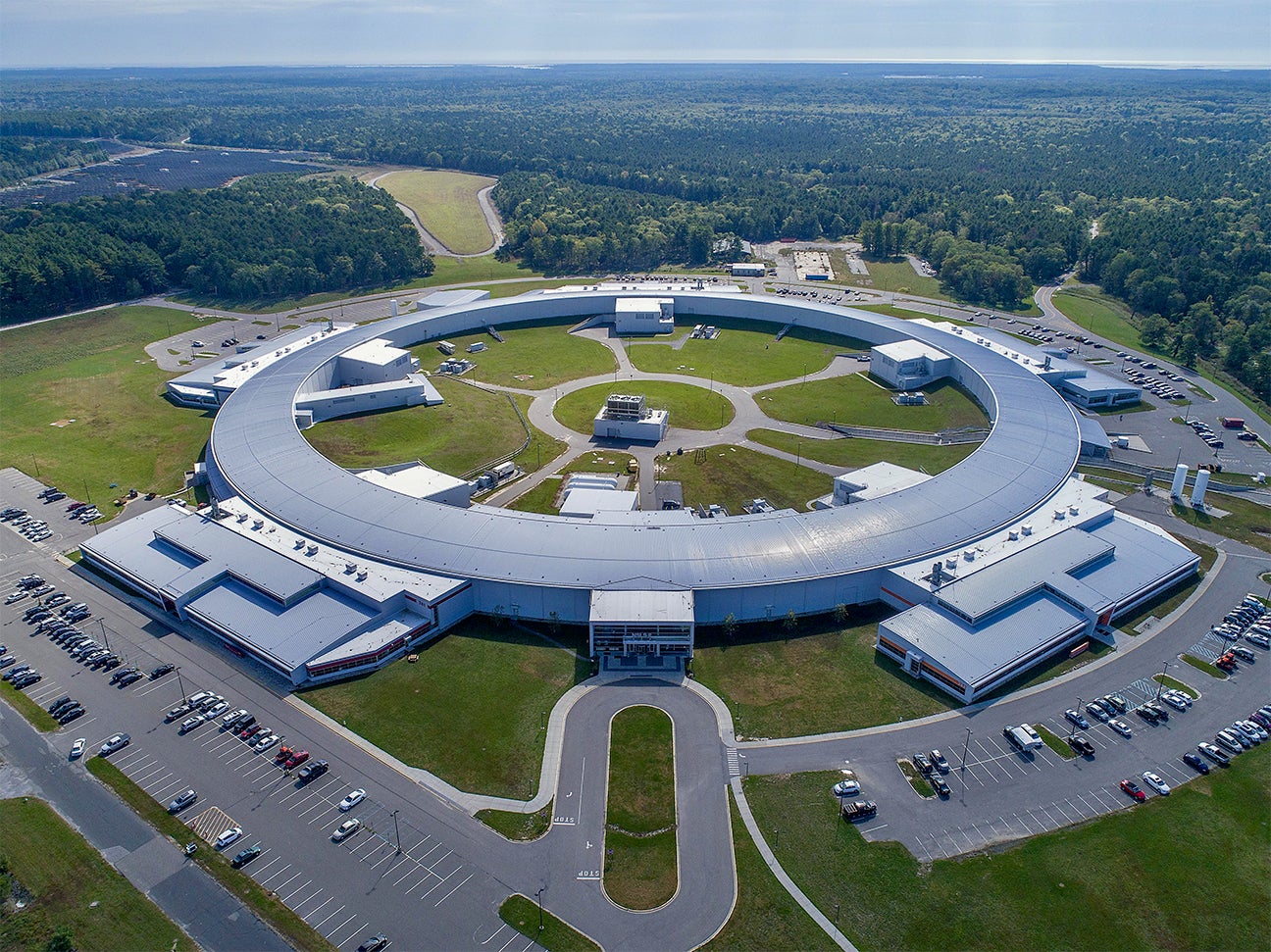
The US Air Force Research Laboratory (AFRL) has launched a joint project in partnership with Case Western Reserve University (CWRU) to speed up biosensor development.
The $2m partnership development will focus on the detection of biomarkers for stress and fatigue.
The study of stress biomarker presence in the body is one way to research the effects of stress. However, a sensor is required to detect such biomarkers.
The 711th Human Performance Wing expressed interest to design such sensors.
Project lead Dr Lawrence Drummy said: “This project has come out of a lot of in-house collaborative work between the Materials and Manufacturing Directorate and AFRL’s 711th Human Performance Wing that focuses on molecular recognition and real-time monitoring.
“Drug and vaccine studies look for molecular recognition elements, such as antibodies, for a given target.
“We want to use similar types of molecular recognition in sensors that can identify hormones and neurotransmitters for monitoring Airman stress and fatigue in real-time, while also demonstrating they work in real-world conditions.”
AFRL noted that a new type of biosensor, a graphene field effect transistor (FET), is employed to perform the sensing.
FET uses a molecular recognition element that the ‘target’ molecule will bind to.
As the target biomarkers are present in sweat and saliva, the sensing process is completely non-invasive.
The sensor will be designed to be incorporated into a wearable device such as a ‘fitness tracker’ for a long-term study.
The project is part of the AFRL-founded ‘Nano-Bio Materials Consortium (NBMC)’.



